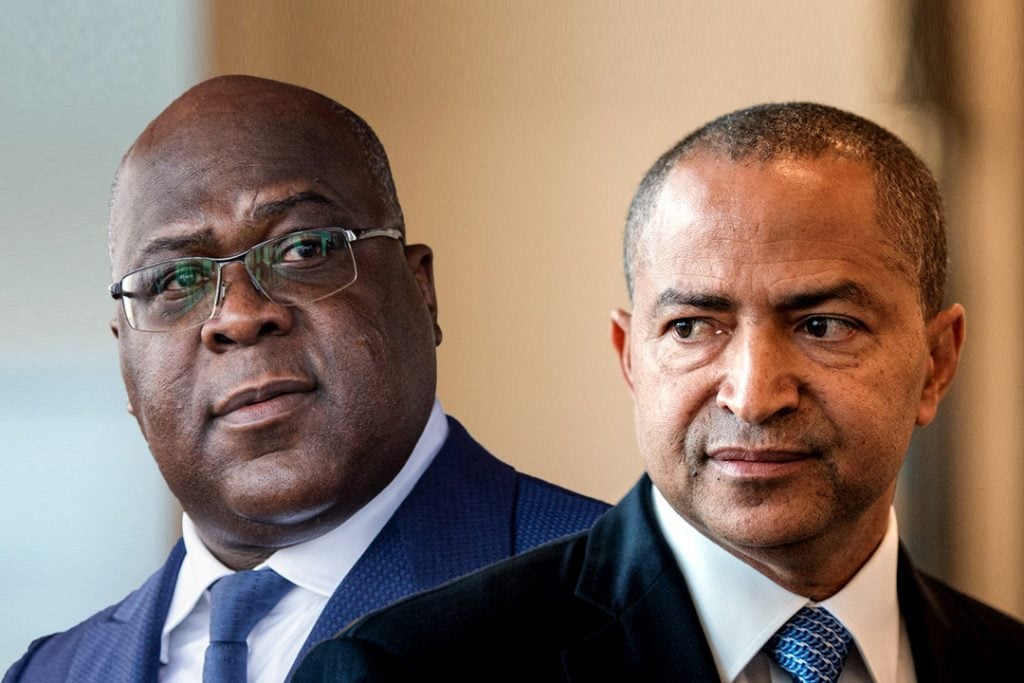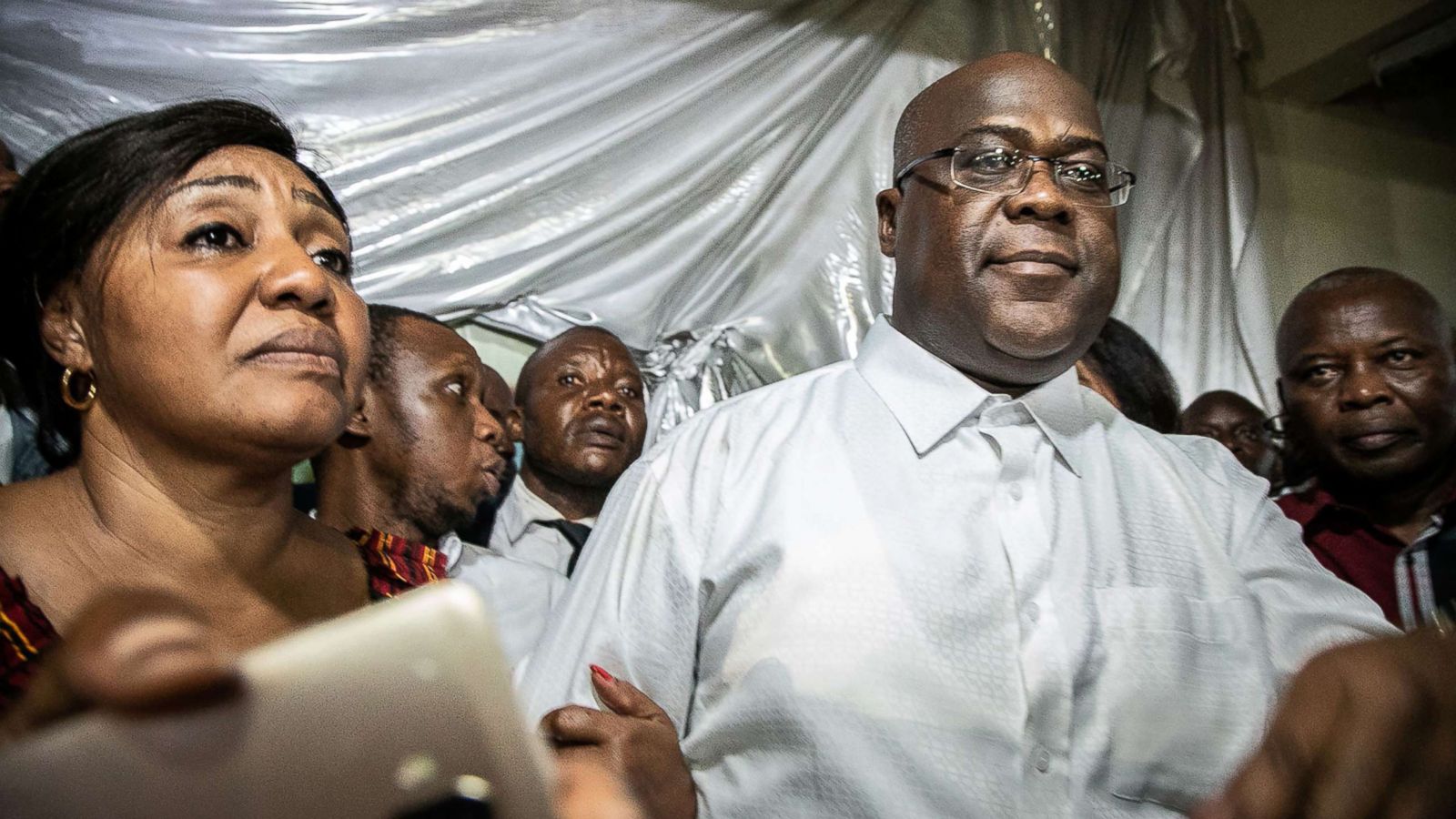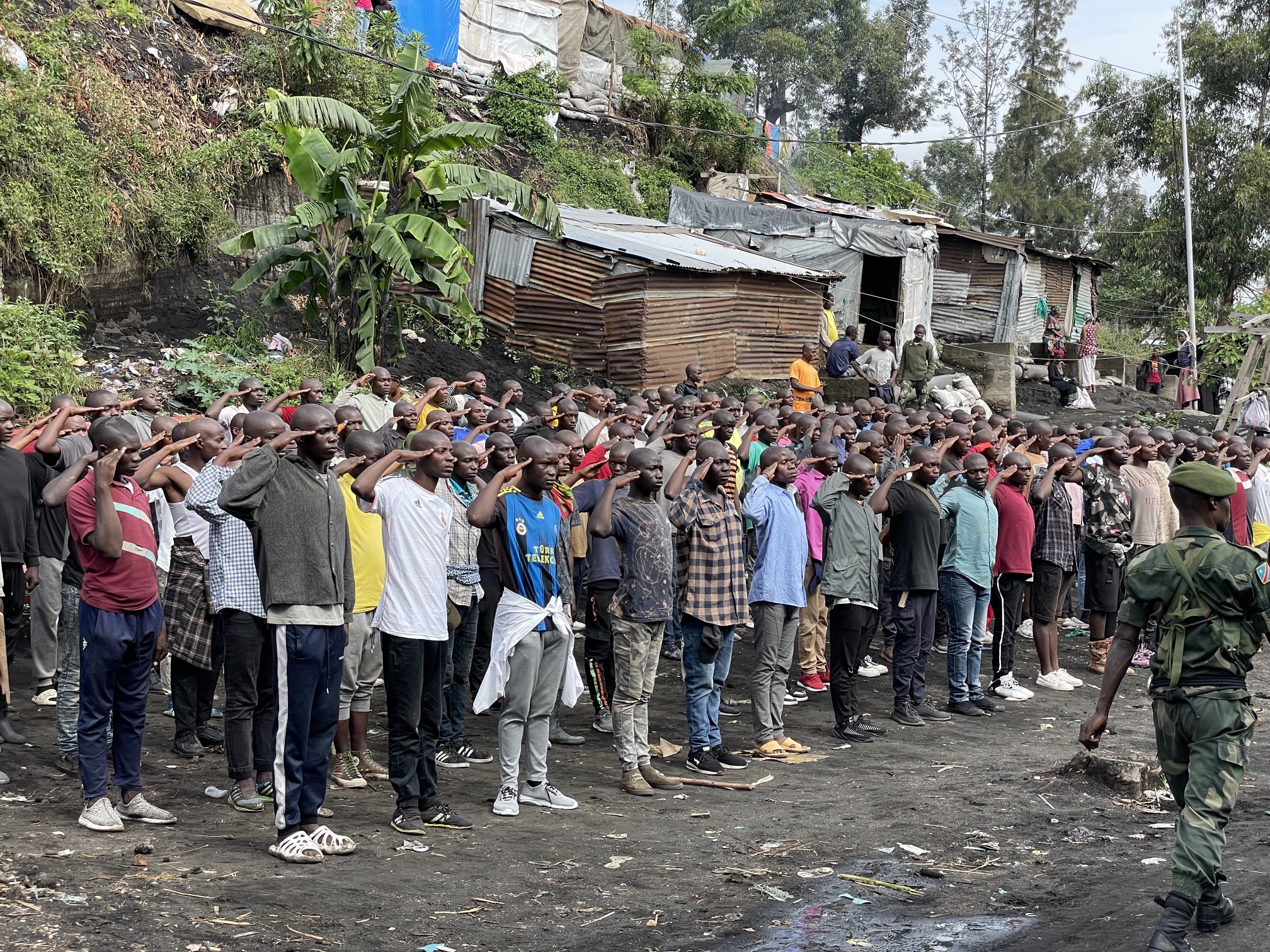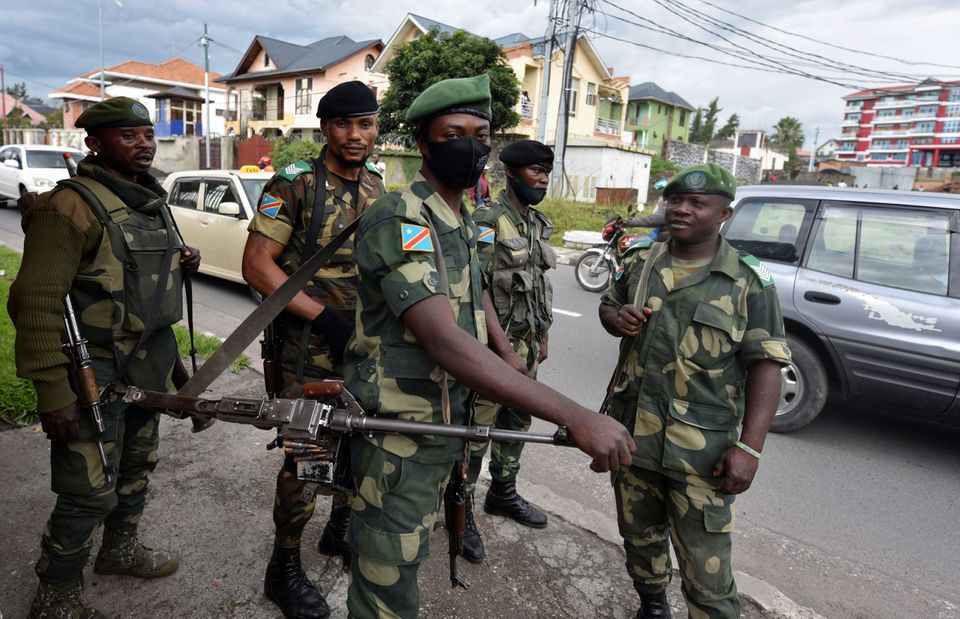Regional
DRC: Tshisekedi shoots self in foot by crackdown on opposition ahead of elections

According to the electoral calendar released on November 26,
2022, by the Independent National Electoral Commission (CENI), general
elections in the Democratic Republic of Congo (DRC) are expected to be held on
December 20. With less than four months
to the elections, President Félix Tshisekedi who is expected to vie for a
second term is silent on the preparedness of CENI to hold elections.
The reason for Tshisekedi’s silence is clear.
He is worried that if elections were to be held in a free and fair atmosphere,
he would be defeated embarrassingly by the opposition because his five-year
term has achieved nothing that he can use to convince the electorate to vote
for him. It should be recalled that his win for the first term was marred by
controversies and denounced by the opposition as a “fraud” and an electoral coup.
The official vote results showed that Tshisekedi won with 38.57 percent of more than 18 million ballots
cast, compared with 34.8 percent for Martin Fayulu. Even with allegedly ‘doctored
results’ the outcome showed that Tshisekedi was not popular.
The first strategy Tshisekedi
is using to keep himself in power is to crackdown on strong political opponents
ahead of elections using military intelligence operatives and presidential
guards.
The accusation brought against
members of the opposition has mainly been “undermining state security and being
in contact with M23 rebels.” After a wave of arrests of opposition leaders in
May, foreign diplomats complained about the politically motivated arrests and
demanded an explanation.
On June 8, Tshisekedi
instructed government ministers and military intelligence officials to host a
meeting with foreign ambassadors to present what officials said was evidence
for the arrest of politicians. According to reports, the ‘evidence’ did not
convince the foreign diplomats.
A
report released by Human Rights Watch on August 22, pins Tshisekedi’s government
on using the state apparatus to crackdown and arrest opposition politicians.
It
noted that: “Congo’s justice system and state security agencies – including the
intelligence services, police, and Republican Guard have acted in a partisan
manner.”
The
UN Joint Human Rights Office also reported in August that “the pre-electoral
environment in DRC is increasingly characterized by a narrowing of civic space
and political and electoral violence, arbitrary arrests and detentions,
abductions and threats targeting political opponents, excessive use of force
against peaceful demonstrators, and hate speech and incitement to violence.”
The
office warned that such abuses “risk damaging the credibility of the electoral
process” and “increase the risk of violence.”
On
July 15, Congolese civil society groups penned down a memorandum to the
National Commission for Human Rights, calling on the government to end the
intelligence service’s arbitrary arrests and detentions.
Tshisekedi’s
strategy of cracking down and intimidating opposition politicians ahead of
elections seems to be backfiring and making him more unpopular among majority
Congolese voters.
Tshisekedi’s
intelligence operatives have mounted abusive searches of residencies of
opposition politicians and their close relatives which have angered many. A
case in point is when military intelligence agents arrested Salomon Kalondo an
adviser of opposition politician Moïse Katumbi on May 30, after which they went
and ransacked Kalondo’s 85-year-old mother’s house.
“They
broke her bed and her bedroom windows as well as wardrobes and a dresser,”
leaving her traumatized, Kalondo’s brother Moise Della told Human Rights Watch.
Chérubin
Okende, a spokesman for Katumbi’s political party and a member of parliament
was founded dead on July 13. He was found in his car in Kinshasa with gunshot
wounds. Tshisekedi’s hit men were the prime suspects although the government
denounced the “assassination’’ and called for an inquiry which is most likely
to achieve nothing.
Tshisekedi’s
electoral strategy is double-pronged.
The
first element is a serious crackdown on the opposition by arrests, intimidation,
and killing so that if circumstances force him to accept holding elections as
scheduled on December 20, then he will have no opposition worth the name to
challenge him.
The
second strategy is to postpone elections with the pretext of the war in the
east of the country to give him time to consolidate his popular support base.
Whatever
the case, whether DRC holds elections in December or not, Tshisekedi has a case
to answer on serious human rights violations going on in the country.






.jpeg-20230119070138000000.jpeg)


